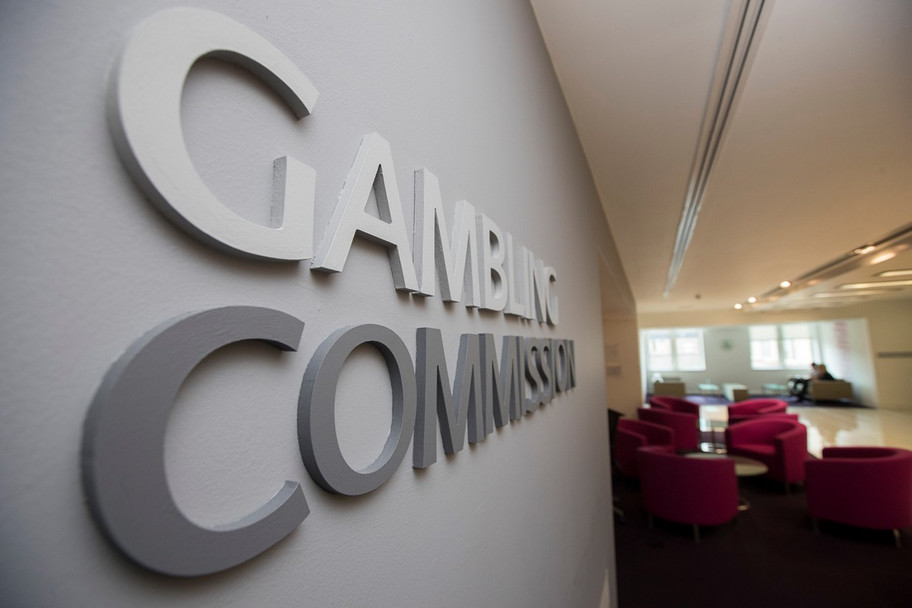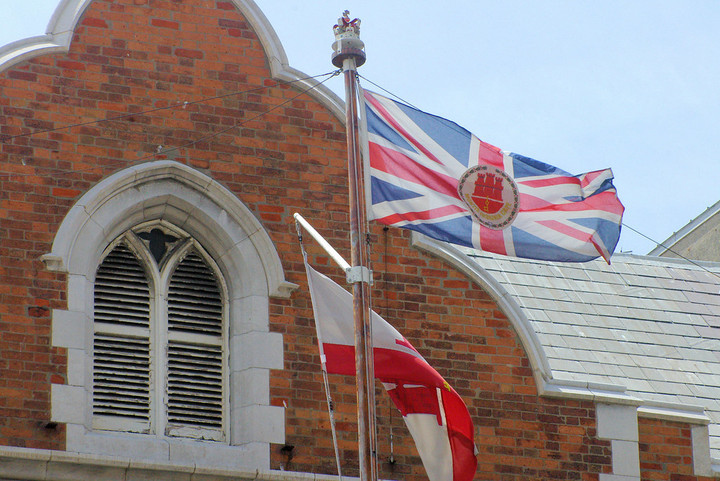The UKGC has offered updated guidelines on risks from AI, crash games, and MSB

Gambling Commission
The UK Gambling Commission (UKGC) have issued their latest threat assessment of the gambling industry, pointing to the increased use of AI deepfakes to circumvent customer due diligence checks.
The group also highlighted the rise of crash games, stating that such games are not licensed in the UK but they are becoming increasingly common on offshore sites and crypto websites targeting UK players.
In particular, the group said that because these games enable quick cashing out, it makes them a target for use in money laundering schemes.
Finally, the regulatory body also pointed to money service activities within casinos as another threat to AML regulations.
To learn more about responsible gambling, visit our responsible gambling at casinos page which also offers resources and advice on where to seek help if needed.
Artificial intelligence has dominated a lot of headlines, having been the subject of Hollywood writer strikes. It has also found beneficial use across the gambling industry, having been deployed to tackle large data. Generative AI has also been used to help create digital assets like artwork and audio used in online games.
The UKGC have highlighted another area where AI is seeing increased use. It is being deployed to help bettors get around due diligence and Know Your Customer (KYC) checks.
According to the commission, criminals are using AI to generate accounts, and they are using it to create deepfake videos to help bypass identity checks regularly by online operations. The technology can also be used to generate deepfake ID verification documents.
The group’s website suggests: “Operators need to ensure their staff are appropriately trained to assess customer documentation, including how to identify false and AI-generated documents,” while directing operators to updated guidelines highlighting the steps to take if a user has been found to have used falsified documents.
Offline and online casinos offering money service business (MSB) operations have also been warned of increased risks.
These facilities include foreign currency exchange and third-party cheque cashing. The group has said they are aware that these facilities open casinos up to a greater risk of being involved in money laundering activities.
In particular, the UKGC has said casinos and other venues that buy or sell €500 (£434) notes must appreciate they face higher risks.
Although they recognise that there has been a reduction in the number of casinos offering these services, as well as a reduction in the overall transactions of this type being completed, the group's guidance states:
“Numerous high-value transactions are still completed via MSB facilities in casinos, and MSB activity within casinos is still rated as high risk in our risk assessment.”
Finally, crash games have also been highlighted as posing substantial risks. In crash games, players stake money and then effectively wait to cash out as a multiplier continues to increase. If the player fails to cash out before the game crashes, they lose everything.
Because bettors can effectively cash out virtually straight away, this increases the inherent risk of the game being used for money laundering activities.
The UKGC does not licence these games for that reason, but they are increasingly being offered by offshore casinos, especially by crypto casinos.
The UKGC said: “There are concerns that products of this nature can allow criminals to camouflage the high-risk behaviour of cashing out quickly with limited gameplay within the context of the crash game (where these behaviours are inherently more common), and that transactional monitoring controls may not be effective in detecting suspicious activity.”






 Sky Vegas cuts ties with marketing team amid move to Gibraltar
Sky Vegas cuts ties with marketing team amid move to Gibraltar
 Deal Me Out report: Streamers and social media influencers increasing black market usage
Deal Me Out report: Streamers and social media influencers increasing black market usage
 Rank Group revenue rockets to nearly £200m in Q3, thanks to UK casinos
Rank Group revenue rockets to nearly £200m in Q3, thanks to UK casinos
